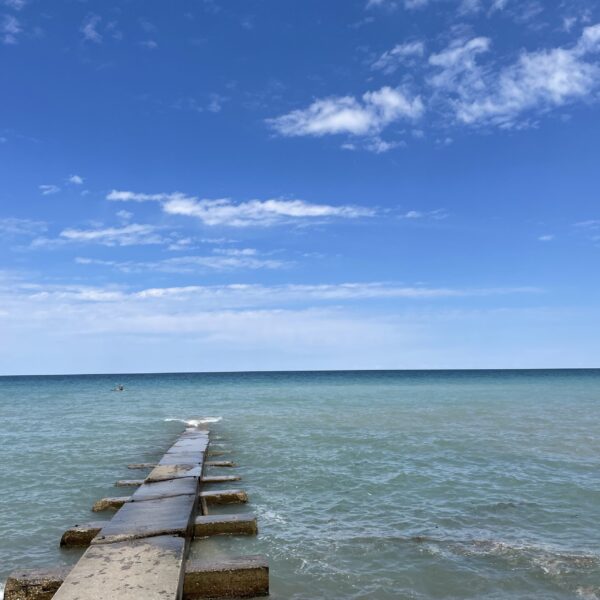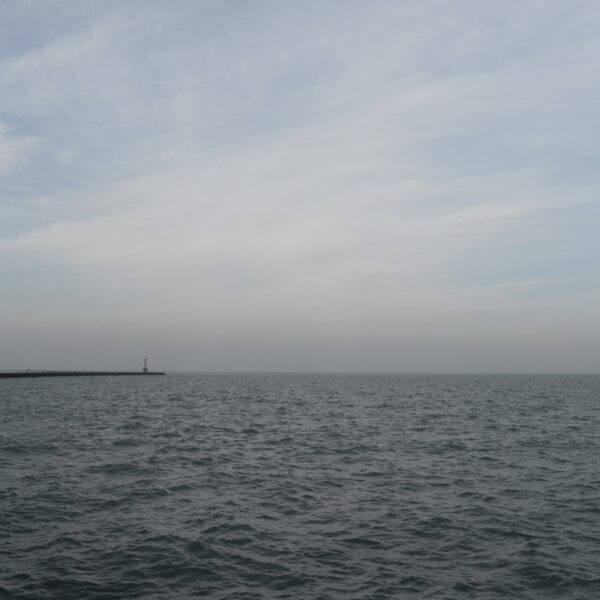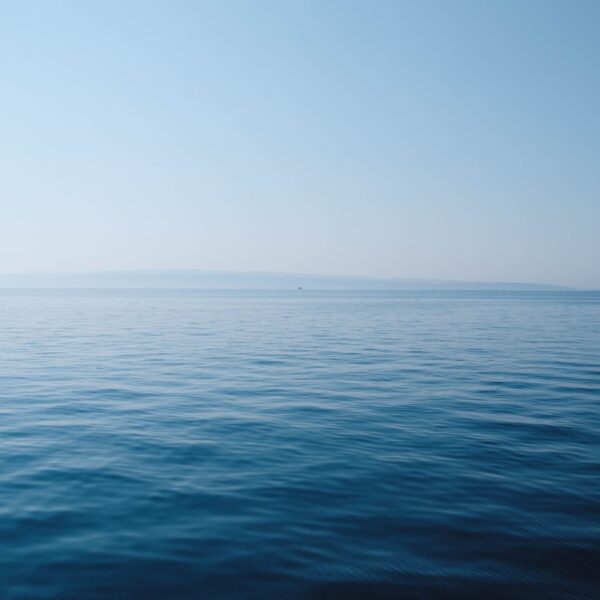GLOS is involved in a number of user-driven projects focused on increasing resilience in marine and coastal areas. GLOS funding assists Great Lakes programs that will upgrade and refurbish our aging observing system components to mitigate disruptions in information collection. In addition to platform upgrades, selected expansion activities were also supported that will help improve our understanding, and thus, bettering the coastal hazard preparedness throughout the Great Lakes.
Projects

Ocean Technology Transition Project (OTT)
Communities are limited by the existing frequency gap in coastal observations that this project will address by providing a nearshore system that captures full-frequency information and finally fills an observational gap that has historically left communities vulnerable to many kinds of hazards.
The overarching goal of the project is to develop both a low-cost observing network capable of gathering offshore full-frequency water level fluctuations and the methodology to relate that data with the most pressing water level-related coastal hazards.
The Great Lakes Observing System (GLOS) is leading the project with support from investigators and collaborators from University of Wisconsin-Madison, Colorado School of Mines, Michigan Technological University, Sofar Ocean Technologies, and NOAA CO-OPS.
Water Levels and Waves
Information will be updated as the project advances
Webcams
Information will be updated as the project advances
Coastal communities are constantly reminded of both the beauty and power of the Great Lakes, the latter of which often comes with consequences. These consequences can include storm induced waves and flooding, that can have profound effects on Great Lakes communities of all sizes.

